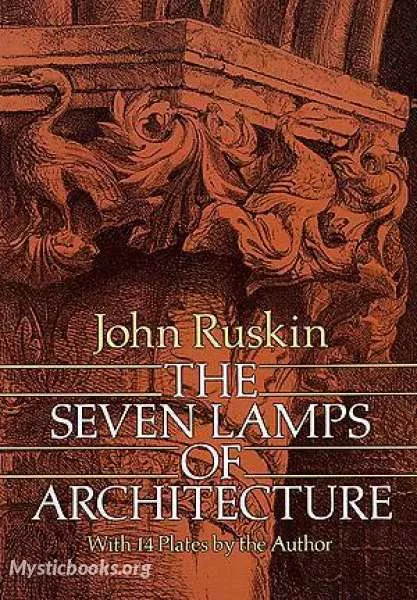
The Seven Lamps of Architecture
by John Ruskin
'The Seven Lamps of Architecture' Summary
The essay was published in book form in May 1849 and is structured with eight chapters; an introduction and one chapter for each of the seven 'Lamps', which represent the demands that good architecture must meet, expressed as directions in which the association of ideas may take the observer:
- Sacrifice – dedication of man's craft to God, as visible proofs of man's love and obedience
- Truth – handcrafted and honest display of materials and structure. Truth to materials and honest display of construction were bywords since the serious Gothic Revival had distanced itself from the whimsical "Gothick" of the 18th century; it had been often elaborated by Pugin and others.
- Power – buildings should be thought of in terms of their massing and reach towards the sublimity of nature by the action of the human mind upon them and the organization of physical effort in constructing buildings.
- Beauty – aspiration towards God expressed in ornamentation drawn from nature, his creation
- Life – buildings should be made by human hands, so that the joy of masons and stonecarvers is associated with the expressive freedom given them
- Memory – buildings should respect the culture from which they have developed
- Obedience – no originality for its own sake, but conforming to the finest among existing English values, in particular expressed through the "English Early Decorated" Gothic as the safest choice of style.
Writing within the essentially British tradition of the associational values that inform aesthetic appreciation, Ruskin argued from a moral stance with polemic tone, that the technical innovations of architecture since the Renaissance and particularly the Industrial Revolution, had subsumed its spiritual content and sapped its vitality. He also argued that no new style was needed to redress this problem, as the appropriate styles already existed. The 'truest' architecture was therefore the older Gothic of medieval cathedrals and Venice. The essay sketched out the principles which Ruskin later expounded upon in the three-volume The Stones of Venice published between 1851 and 1853. Practically, he suggested an 'honest' architecture with no veneers, finishes, hidden support nor machined mouldings and that beauty must be derived from nature and crafted by man.
Ruskin drew upon Archibald Alison's Essays on the Nature and Principles of Taste (1790–1810) for some of his principles, such as the requirement of leisured poise as the best state for appreciating beauty, the thought that the natural countryside is more conducive to producing an artist than the city, that the glory of architecture lies in its age. The Seven Lamps was reduced to the status of a "moral gloss on Alison" by George L. Hersey, in High Victorian Gothic.
He had an abiding confidence in the natural, untutored instinct for rightness and beauty in the average person: "all men have sense of what is right in this matter, if they would only use and apply this sense; every man knows where and how beauty gives him pleasure, if he would only ask for it when he does so, and not allow it to be forced upon him when he does not want it." This contrasts with the thread of modernism that holds that people must be taught to appreciate good design. Another contrast with modernism is in the aesthetic of functionality: Ruskin saw no beauty in well-designed tools: beauty is out of place where there is not serene leisure, or "if you thrust it into the places of toil. Put it in the drawing-room, not into the workshop; put it on domestic furniture, not upon tools of handicraft." For Ruskin, Beauty was not an inherent characteristic but a thing that could be applied to an object or withheld from it.
Book Details
Language
EnglishOriginal Language
EnglishPublished In
1849Authors
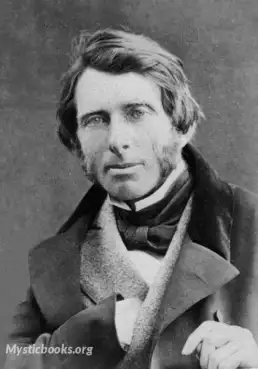
John Ruskin
United Kingdom
John Ruskin was an English writer, philosopher and art critic of the Victorian era. He wrote on subjects as varied as geology, architecture, myth, ornithology, literature, education, botany and politi...
Books by John RuskinDownload eBooks
Listen/Download Audiobook
- Select Speed
Related books

Arabic Hidden Words by Bahá'u'lláh
The Hidden Words, a collection of short utterances by Baháʼu'lláh, founder of the Baháʼí Faith, delves into spiritual truths and the essence of divine...

Route March by Henry Lawson
'The Route March' by Henry Lawson is a powerful and moving poem that explores the themes of war, sacrifice, and the enduring spirit of Australian sold...

Bible (ASV) NT 15: 1 Timothy by American Standard Version
The First Epistle to Timothy is one of the three Pastoral Epistles, written by Saint Paul and part of the New Testament of the Bible. It consists main...
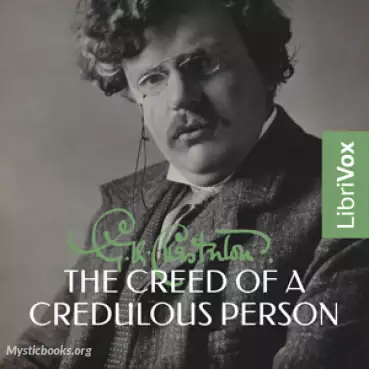
The Creed of a Credulous Person by Gilbert K. Chesterton
A series of five essays by G.K. Chesterton, published in "Black and White" magazine in 1903, under the heading "The Creed of a Credulous Person".

Bible (ASV) NT 19: Hebrews by American Standard Version
The Epistle to the Hebrews (abbr. Heb for citations) is one of the books in the New Testament. Though traditionally credited to the Apostle Paul, the...
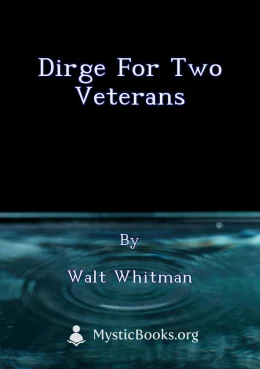
Dirge for Two Veterans by Walt Whitman
In celebration of Memorial Day in the United States, 2007, LibriVox volunteers bring you twelve different recordings of Dirge for Two Veterans by Walt...
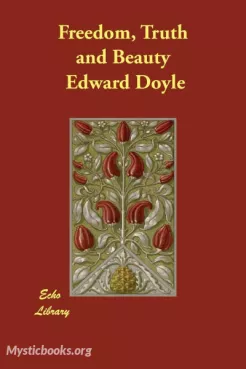
Freedom, Truth and Beauty by Edward Doyle
It is a captivating novel that takes readers on a thought-provoking journey of self-discovery and the pursuit of what truly matters in life. Written w...
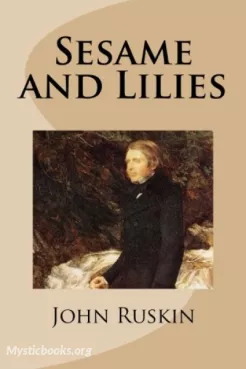
Sesame and Lilies by John Ruskin
In a world where men are consumed by wealth and women are confined to domesticity, Victorian social critic John Ruskin boldly challenges the status qu...
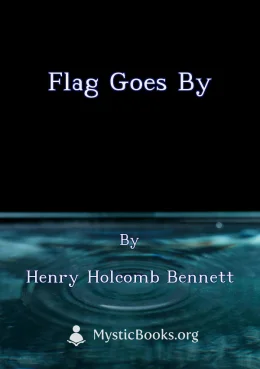
Flag Goes By by Henry Holcomb Bennett
In celebration of Independence Day in the United States, 2006, LibriVox volunteers bring you ten different recordings of The Flag Goes By by Henry Hol...
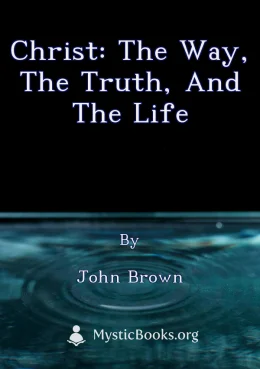
Christ: The Way, the Truth, and the Life by John Brown
This book, penned by John Brown, is a profound exploration of the central tenets of Christianity, focusing on the significance of Jesus Christ as the...
Reviews for The Seven Lamps of Architecture
No reviews posted or approved, yet...